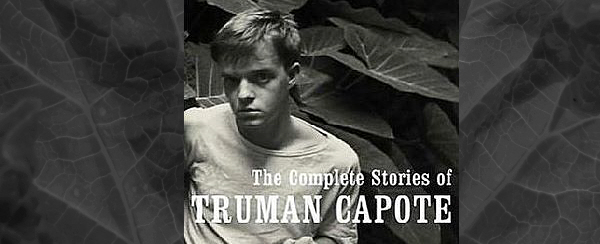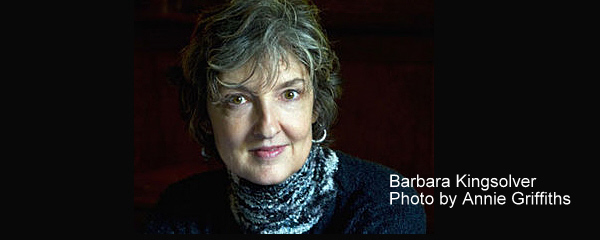Reviewing Short Stories, by Pauline Masurel
I don’t regard myself as an academic, a journalist or a non-fiction writer. So reviews may seem a curious form for me to write. But I would argue that there is also something creative about concocting a coherent book review. It’s a statement that is, necessarily, partial and entirely personal and is also an exercise in constructing a ‘voice’ and a point of view for getting across your message.




